De-Dollarization 2025: Can the World Really Ditch the Greenback?
Why Mental Health Burnout Is Surging in Gen Z

Mental health burnout has transcended buzzword status to become a defining challenge for Generation Z. Unlike previous generations, this cohort—navigating college campuses, entry-level jobs, and adult life in 2025—faces a perfect storm of stressors that have pushed mental exhaustion into a public health crisis. For Gen Z, burnout isn’t just about feeling tired; it’s a chronic state of emotional depletion that affects their ability to work, study, and connect. As rates of anxiety and depression climb, the question isn’t why they’re struggling, but how a society that prides itself on progress let this happen.
A Generation Shaped by Turmoil: The Roots of Vulnerability
Gen Z, born roughly between 1997 and 2012, has come of age amid a relentless series of upheavals. They entered adolescence during the 2008 financial crisis, navigated high school and college through a global pandemic, and now face a job market destabilized by AI automation and climate chaos. This constant exposure to crisis has rewired their relationship with stress: 72% of Gen Z adults in a 2025 American Psychological Association study reported feeling “permanently on edge,” compared to 45% of millennials at the same age. Their openness about mental health—once hailed as a strength—has become a necessity, as they grapple with traumas that span personal and planetary scales.
Beyond the Workplace: Burnout as a Multifaceted Epidemic
The World Health Organization defines burnout as chronic workplace stress, but for Gen Z, the exhaustion spreads far wider. A 2025 survey by the American College Health Association found that 62% of Gen Z college students feel “emotionally drained” daily, citing pressure to maintain perfect GPAs, juggle part-time jobs, and excel in extracurriculars to compete for scarce entry-level roles. Activists in the cohort report burnout from constant advocacy—fighting for climate action, racial justice, and reproductive rights—with 58% admitting they’ve stepped back from organizing due to overwhelming fatigue. Even leisure isn’t safe: 70% of Gen Z social media users report feeling “mentally taxed” by curating their online personas, while 40% describe news consumption as “a source of existential dread.”
Social Media and Work: Dual Drivers of Overwhelm
Social media acts as both lifeline and anchor for Gen Z. Platforms like TikTok and Instagram offer community for marginalized groups, but they also amplify unrealistic standards: 68% of Gen Z women report feeling “inadequate” after comparing themselves to influencers, according to a 2025 Pew Research study. Meanwhile, remote work—once celebrated as a win for work-life balance—has eroded boundaries. A survey of Gen Z professionals found that 73% check work emails after 10 PM, and 55% feel guilty taking sick days, fearing job insecurity in a volatile market. The result? A generation that never truly logs off, physically or mentally.
Band-Aids vs. Root Causes: The Limits of Wellness Fixes
Universities and corporations have rushed to respond with bandages: free meditation apps, “mental health days,” and workshops on “managing stress.” Yet these efforts often miss the mark. A 2025 analysis by the Brookings Institution found that 85% of Gen Z workers view such programs as “performative,” pointing to unaddressed systemic issues: average student debt exceeding $40,000, entry-level salaries stagnating while rent rises 12% annually, and gig economy jobs offering no benefits. At colleges, counseling centers are overwhelmed—with wait times averaging 45 days at public universities—leaving students to navigate crises alone.
Holistic Solutions: Rethinking Support for a Burned-Out Generation
Experts argue that meaningful change requires reimagining systems, not just individual habits. Policy reforms like student debt relief and universal basic income pilots have shown promise: in California, a trial program offering $1,000 monthly to low-income Gen Z adults reduced reported burnout by 31%. Schools are starting to integrate digital literacy courses, teaching students to curate healthy online habits. Workplaces, too, are experimenting with 4-day workweeks and “no-email weekends,” with early adopters reporting 27% lower turnover among Gen Z staff. Crucially, community-based solutions—from neighborhood mutual aid groups to offline hobby clubs—are helping rebuild the in-person connections this generation missed during pandemic lockdowns.
Conclusion
Gen Z’s burnout isn’t a sign of fragility—it’s a symptom of a world that asks too much and gives too little. This generation has grown up solving crises created by those before them, all while being told to “hustle harder.” Addressing their mental health crisis demands more than empathy; it requires overhauling the systems that fuel exhaustion. A society that fails to support Gen Z fails its own future. After all, today’s burned-out 20-somethings will be tomorrow’s leaders, caregivers, and innovators—and their ability to thrive depends on whether we act now.


Urban Gardening: How City Dwellers Are Growing More Than Just Food

The Great Wealth Migration: Why Capital Is Flowing East in 2025

Gut Health Revolution: Why the Microbiome Is the New Frontier in Medicine
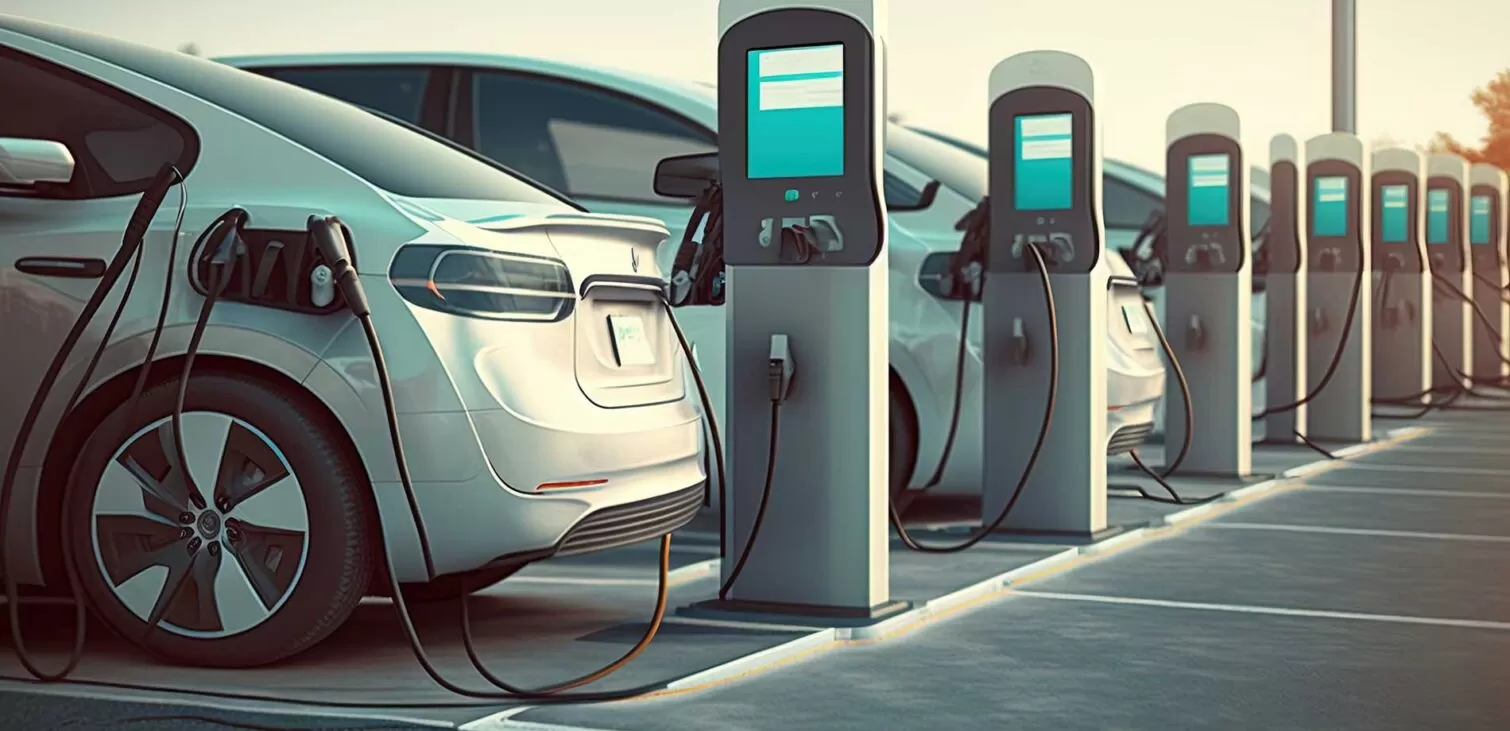
The EV Revolution Is No Longer About Cars—It's About Infrastructure

AI in Healthcare: From Diagnoses to Drug Discovery
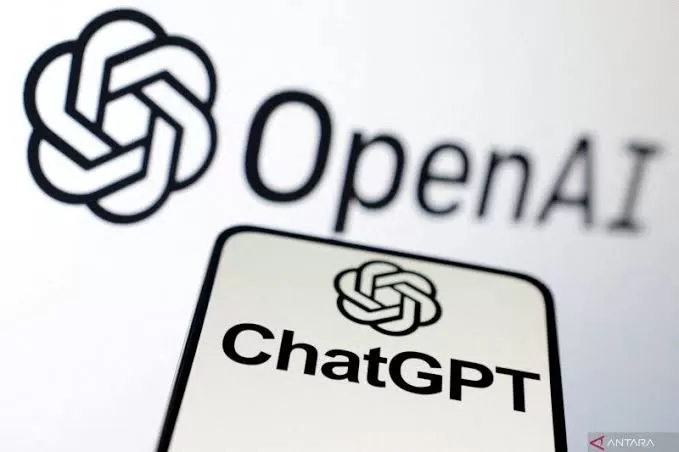
AI Is Quietly Rewriting the Rules of Money in 2025
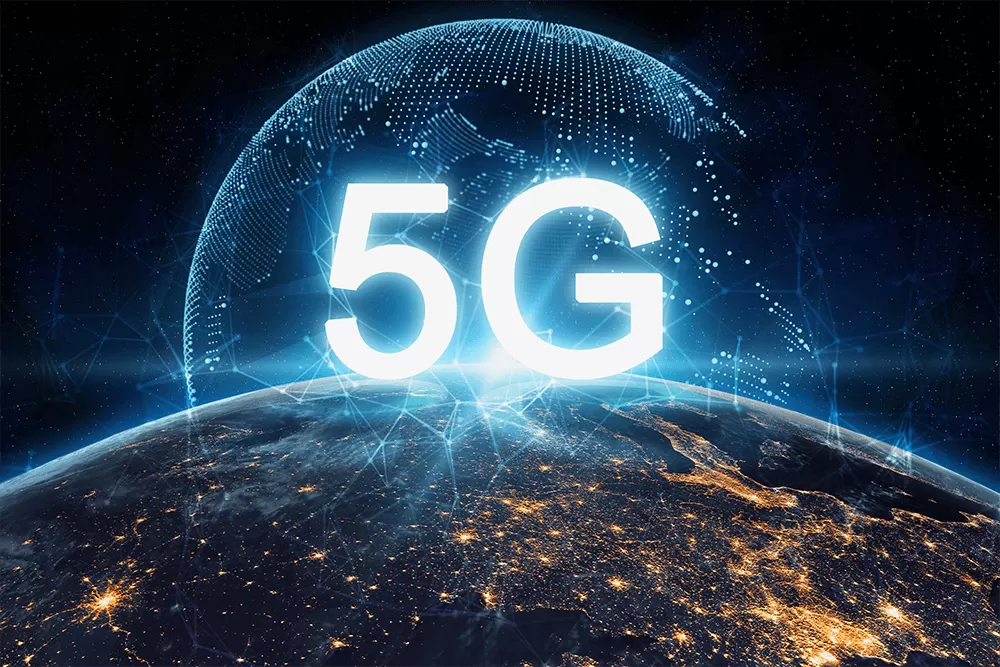
5G and Beyond: The Next Wave of Mobile Connectivity
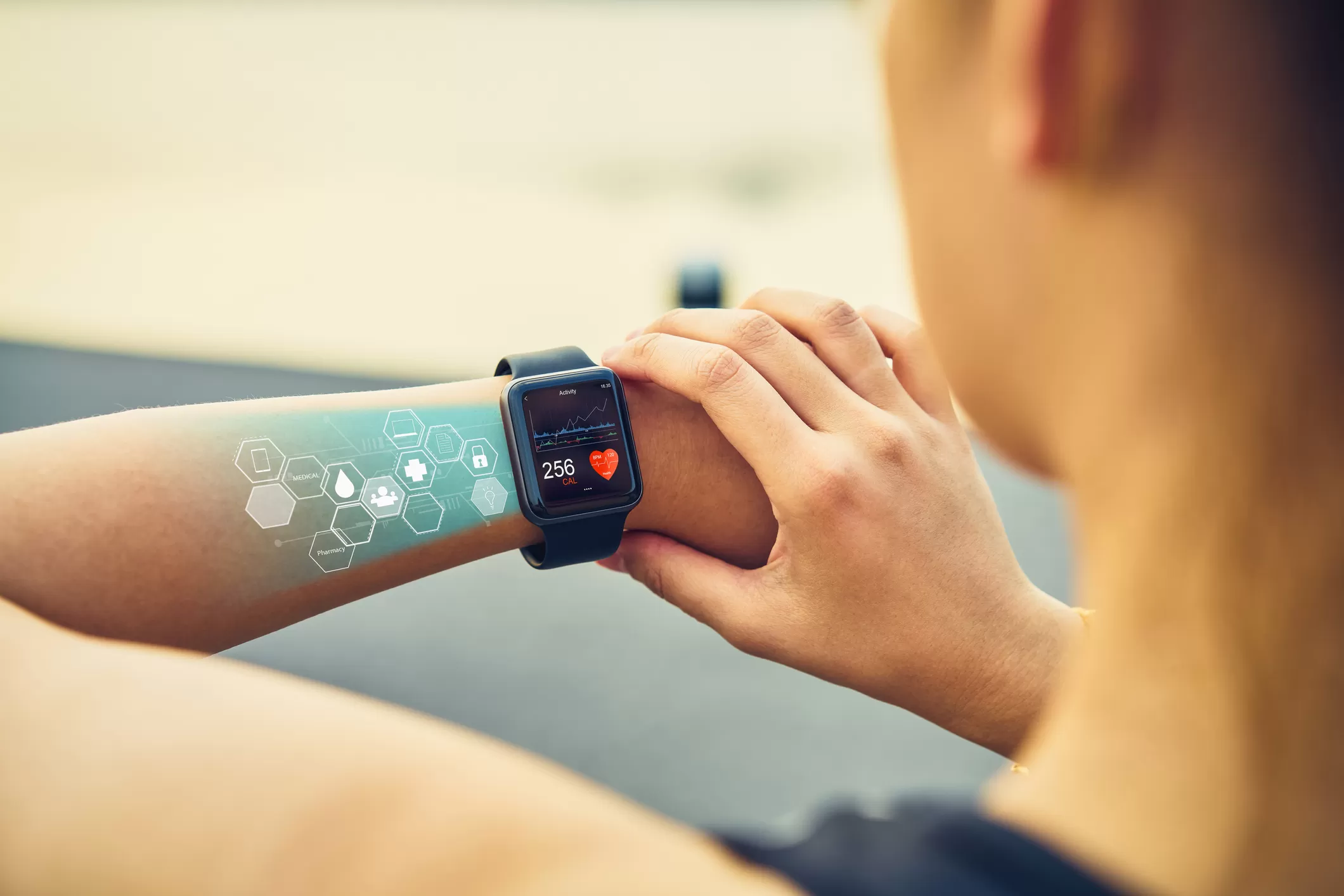
Are Wearable Health Devices Doing More Harm Than Good?
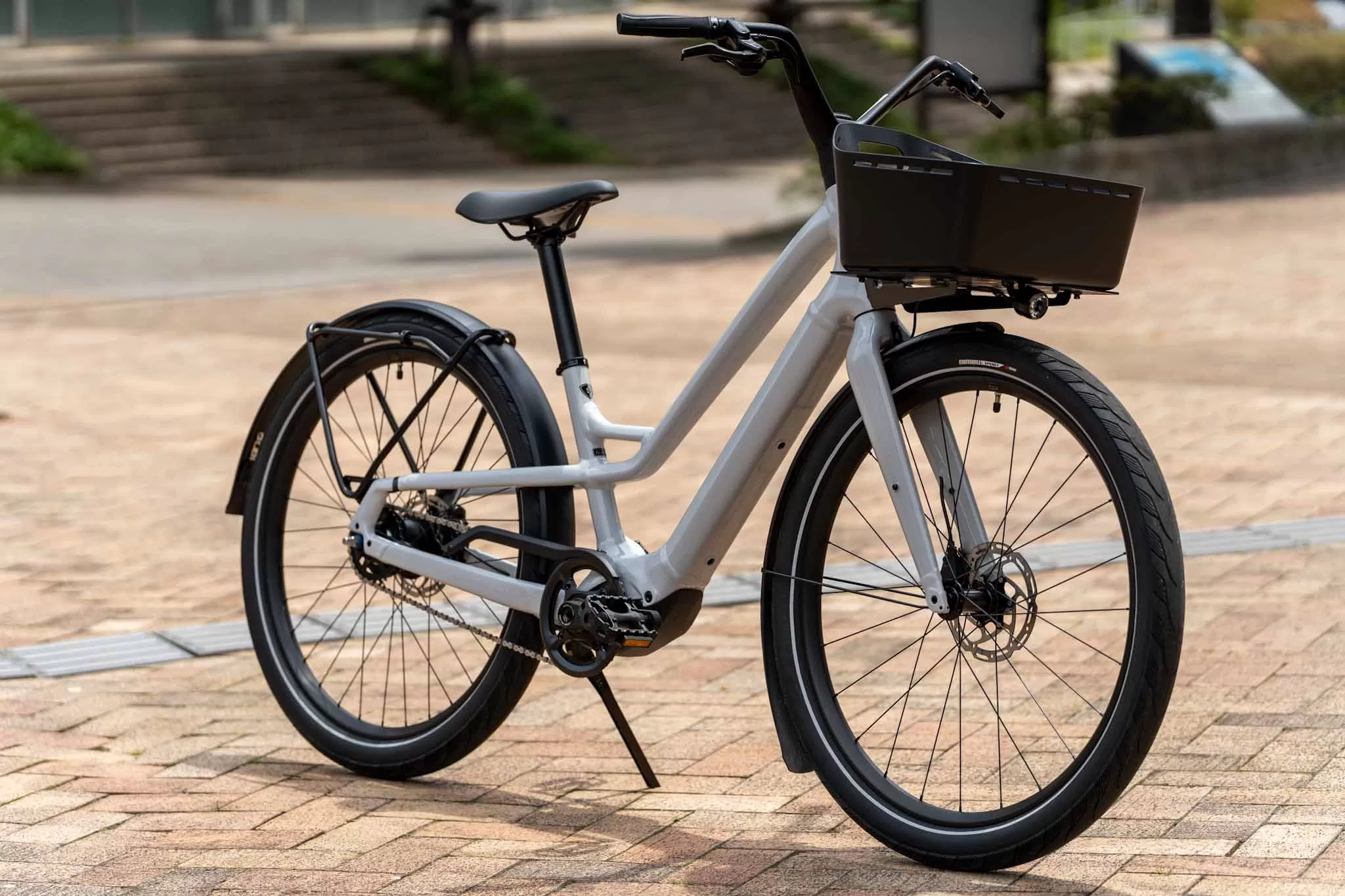
AI & Tech: Simplifying E-Bike Conversion Kits